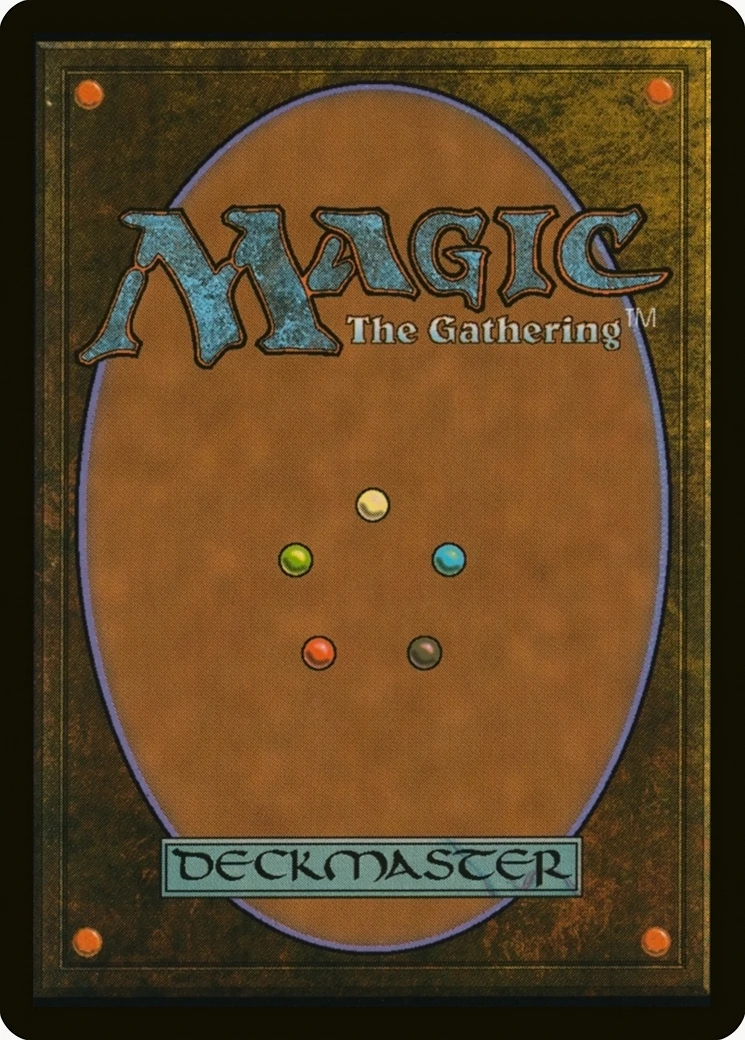Magic: The Gathering is an exciting game that includes strategy, creativity, plus a little bit of luck. Regardless of whether you are a newcomer eager in order to dive into the regarding Planeswalkers plus spells or some sort of seasoned player searching to refine your current skills, building your best deck can feel as if a daunting process. Have no fear, as all of us have crafted the ultimate guide in order to assist you to navigate the enchanting process associated with deck building.
In this particular manual, we will give you essential tips in addition to step-by-step instructions to be able to create a competing Magic: The Gathering deck from scratch. From understanding the importance of mana to be able to exploring different deck archetypes, you'll find out what it will take to be able to construct a successful strategy. So collect your favorite credit cards and unleash the creativity as we all embark on this fascinating journey into the magic of floor building.
Essential Strategies intended for Building Your First Outdoor patio

Any time you embark in building your very first Magic: The Gathering deck, among the most essential techniques is to know the foundational concepts of mana, animals, and spells. The mana base is essential, as it dictates the speed with which you can participate in your cards in addition to execute your tactics. Ensure you include a balanced number involving lands to assistance the casting expense of your spells. Typically, a fine kick off point is around 40 percent of the deck committed to dimana. Familiarizing yourself with basic mana figure will help a person develop a fluid game play experience.
Another critical aspect is selecting cards that synergize well together. This signifies understanding how your creatures, spells, along with other permanents can function in harmony to be able to create powerful combos. Consider having a style for your porch, whether it is definitely aggressive, control, or combo-based. Each archetype has unique techniques and requires certain card types in order to optimize performance. Think about your cards, think about how they interact and how they can collectively support the deck's overall approach.
Finally, don't overlook the importance of screening and refining the deck. After creating your initial type, it's vital to be able to playtest it against other decks to spot strengths and weaknesses. Pay attention in order to which cards perform well and which usually do not contribute effectively to your own game plan. Changing your deck based on these experiences can lead to important improvements. This iterative process is important to honing the skills as being a floor builder and guaranteeing that your initial deck is not necessarily only fun to play but also competitive.
Deciding on the Right Credit cards and Themes
When setting up your best Magic: The Gathering deck, the selection of cards is usually crucial to their overall effectiveness and even enjoyment. Start by simply determining a core theme or method for your outdoor patio, which can cover anything from aggressive creature-based ways to more control-oriented techniques. Themes like tribal synergies, where a person focus on a certain creature type, can easily create a natural and powerful deck. Understanding the capabilities and flavors involving different sets may greatly inspire the card choices in addition to make your outdoor patio more fun in order to play.
Next, consider exactly how the chosen greeting cards work together and even contribute to your current overall strategy. Look for cards who have synergy; for instance, for anyone who is building the aggro deck, prioritize low-cost creatures in addition to spells that can deal damage rapidly. On the some other hand, if you’re leaning towards the control deck, pick cards that allow you to gain card advantage plus disrupt your opponent’s plans. Pay consideration to the jobs of creatures, spells, and mana costs to ensure a balanced approach that matches your chosen theme.
Last but not least, don’t forget about the importance of variety in your greeting card choices. While sticking to your theme, it’s necessary to contain cards that provide solutions to various dangers and situations. Therefore incorporating removal periods, counterspells, or life gain options which could adapt to different opponents and scenarios. By thoughtfully picking cards that include your deck's concept while maintaining flexibility, you’ll craft a Magic: The Gathering floor which is not only competing but also uniquely the one you have.
Guidelines for Testing and even Improving Your Floor
Testing your Magic: The Gathering deck is crucial for understanding their strengths and weaknesses. Start by winning contests with friends or even at local online game shops to see how your floor performs against a new variety of opponents and deck sorts. Pay attention in order to how the outdoor patio flows and regardless of whether you consistently sketch the cards an individual need when an individual need them. Report your wins and even losses, create information on any continual issues that occur during matches.
After get together feedback from your playtesting sessions, it’s time to analyze your deck’s performance significantly. Seek out patterns inside your victories and defeats. Is there certain cards that underperform or overperform? Perhaps you have as well many high-cost periods or not enough mana sources. Determining https://cardcollector23.werite.net/cards-of-creation-making-your-first-magic-the-gathering-floor-like-a-pro will help you make informed adjustments to enhance each the consistency and even efficacy of the deck.
Lastly, don’t hesitate to seek tips and insights coming from more experienced gamers. Engaging with the Magic community may provide fresh points of views and alternative tactics that you may not have considered. In look here , use online solutions, forums, and deck-building websites to view good examples of competitive decks similar to your own. Iteratively refining your own deck will guarantee that it evolves and improves as time passes, making you a new stronger player within the process.
